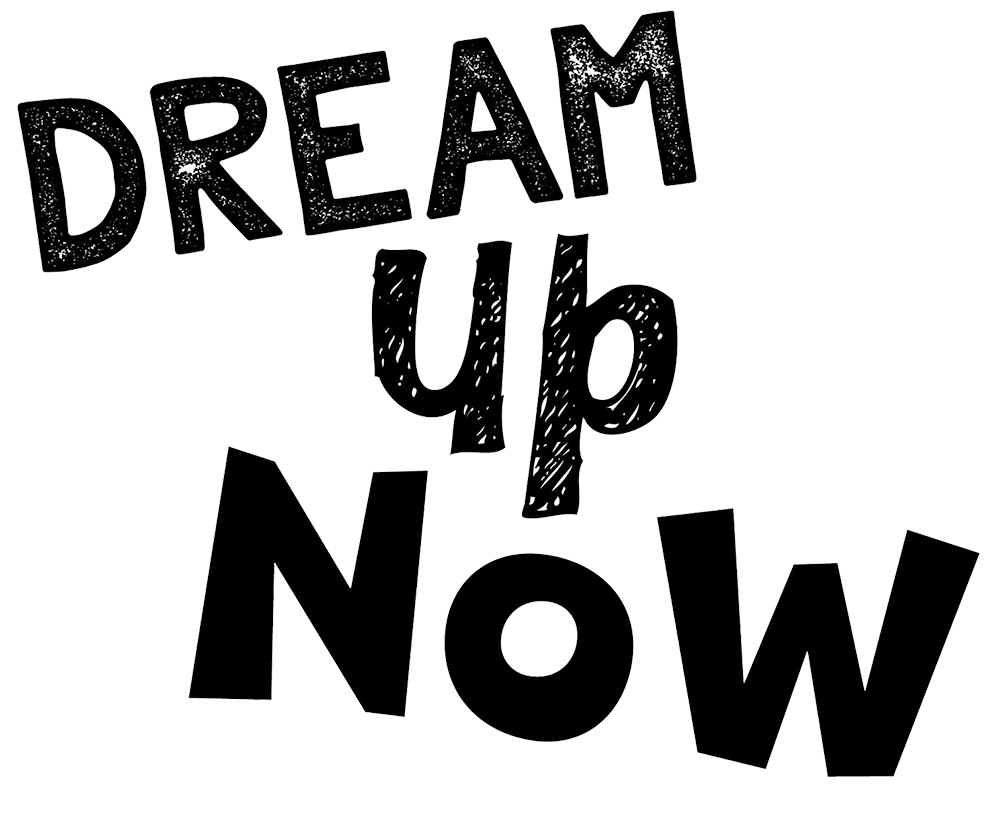http://www.topbooksales.com/match-your-book-content-with-the-right-editor/
Barbara McNichol

Match Your Book Content with the Right Editor
Posted on 02 March 2010.
Finding the right editor for your manuscript helps you feeling confident you’ve got a good match and comfortable that your editor understands what you want to accomplish.
How do you start this match-making process? By first seeking a reputable editor who understands the type of book you have written. If your book is business or self-help, for example, choose an editor experienced in these genres who has been a pro for a decade or more. Check to see that this editor has worked with both traditional and self-published books over the years. Spending time reading that person’s website should give you clear answers and reveal a high level of professionalism (or not). You want your writing to reflect a professional image that comes from expert editing; an editor’s website is your first clue.
In your match-making search, get ready to answer the following questions an experienced editor will likely ask. Your responses help ensure this editor understands your objectives. More important, they reveal an eagerness to get to know you and set up a conversation that will give you a sense of how you’d work together.
Questions Editors May Ask in the Match-Making Process
How would you answer these questions?
- Who is in your book’s target audience (demographics, age group, position, industry, region, etc.)?
- What genre or market niche does your book fall in? What section would it be found in a bookstore?
- What is your expected editorial timeline (e.g., when did you promise to give it to an agent or designer, or have it ready for a conference, etc.) allowing time for your review, peer reviews, and a professional editor’s review?
- What is the current length of your book before editing? (number of pages and/or number of words in an MS Word document)
- What is the anticipated total length, including front and back matter?
- If you want to have a foreword, have you asked someone to write it and provided a deadline for delivering it?
- How much are you expecting to spend on having your book professionally edited (excluding proofreading after the design)?
- What else do should the editor know about your expectations so he or she can do a really good job for you?
Finally, it’s important to convey how much of your book is written. Have you finished all the content you want? Does that include both front and back matter (e.g., foreword, testimonials, acknowledgments, dedication, footnotes, resource list, glossary, appendix, etc.)?
If your book isn’t 100% complete, determine what’s missing to make it complete from a content perspective. Alternatively, your incomplete manuscript may be a candidate for a manuscript review. This “big-picture” analysis evaluates the ideas and wording already in place, then provides you with direction for making changes before the manuscript is deemed ready for “nitty-gritty” editing.
Three Steps to Selection
Once you’re clear on what you’re looking for in an editor, where do you start to find the right one for your manuscript? Consider these three steps:
- Ask your author, speaker, and designer friends for recommendations and anecdotes about the editors they’ve worked with.
- Check their recommendations and/or search for alternatives by reading the Acknowledgments in books similar to yours that are well written. Then using an Internet search, locate these editors.
- Contact them and request from each a sample edit of your own work (not someone else’s).
The before/after sample edit of your own work reveals how an editor can work magic on your writing without changing your voice. But be sure you like the overall result. If you don’t agree with the approach or the kinds of changes made, discuss them immediately. Chances are, you’ll come to an agreement on how to deal with any “sticky” issues. Getting agreements at the beginning of the process will save lots of time in the long run.
Reviewing Sample Edits
Here’s a rule of thumb when reviewing the sample edits you receive: If you, the writer, can clearly see an improvement based on the editor’s work—words flow better and your piece has more clarity and pizzazz—you’ve got a good match. If you think the changes are too many or too few, or if you have specific preferences, talk them through. The editor has good reasons for making the changes and is probably willing to explain why.
Remember, the final judgment belongs to readers in your target audience. Ultimately, you want your editor to be the advocate of those you want to influence. So select a pro who not only “gets” you and your book, but makes it possible for your readers to easily connect with your message.
